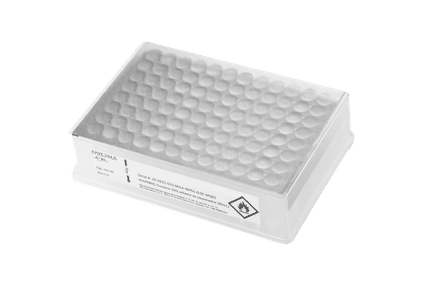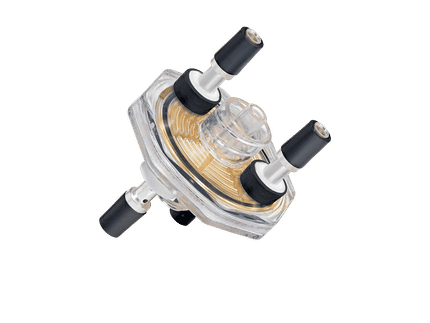To use all functions of this page, please activate cookies in your browser.
my.bionity.com
With an accout for my.bionity.com you can always see everything at a glance – and you can configure your own website and individual newsletter.
- My watch list
- My saved searches
- My saved topics
- My newsletter
Clemens Maria Franz von BönninghausenClemens Maria Franz Freiherr (Baron) von Bönninghausen (12 March 1785–26 January 1864) was a lawyer, agriculturalist and botanist, who also practised and researched homeopathy. Product highlightBorn on the estate Herinckhave near Fleringen in the province of Overijssel in the Netherlands, into an old titled Westphalian family, he attended school in Münster, Germany before graduating in law from the University of Groningen in 1806. He held various legal positions in the Dutch Civil Service under Louis Napoleon, King of Holland, until the latter's forced abdication in 1810. Bönninghausen then left the Civil Service, returning to his family estates in Prussia. He devoted himself to the study of agriculture and botany, publishing widely, and was appointed Director of the Botanical Gardens in Münster from 1826-1845. In 1827, Bönninghausen contracted tuberculosis, then an intractable lung disease. Certain that he was about to die, he began writing farewell letters to his friends. One of these urged him to try homeopathy. Bönninghausen wrote back with his specific symptoms, and was told that the remedy for his ailment was Pulsatilla. He was cured, and thus became a convert to the new therapy. He became a close associate and confidant of Samuel Hahnemann, who admired Bönninghausen's ability to systematize the expanding homeopathic knowledge of materia medica. Bönninghausen's Therapeutic Pocketbook of 1846 was the first homeopathic repertory to grade individual remedies (125 in number) by their strength of relationship with each symptom, and each other, and has remained in use until the present day. He proposed that disparate symptoms associated with a remedy could be grouped as a single overarching tendency, hence the importance of generalities and modalities in his system of case analysis. According to Winston (2001), the method was never fully explained in writing by Bönninghausen, and misunderstood by later homeopaths such as J.T. Kent, although recent translations and revisions point to a revival of interest in Bönninghausen's approach. An early advocate of high potencies, he conducted a successful prospective trial of 200C in domestic animals and livestock, reasoning that veterinary homeopathy was harder to dismiss as a placebo effect. Practising homeopathy on a small scale without a medical degree, Bönninghausen eventually received a special physician's licence to practise from Frederick William IV, King of Prussia in 1843. As his clientele grew, he saw some notable patients, one of the first being the poet Annette von Droste-Hülshoff. A memorial to Bönninghausen was installed in the Münster University Botanic Garden in 2005, the quatercentenary of Hahnemann's birth. References
|
| This article is licensed under the GNU Free Documentation License. It uses material from the Wikipedia article "Clemens_Maria_Franz_von_Bönninghausen". A list of authors is available in Wikipedia. |






